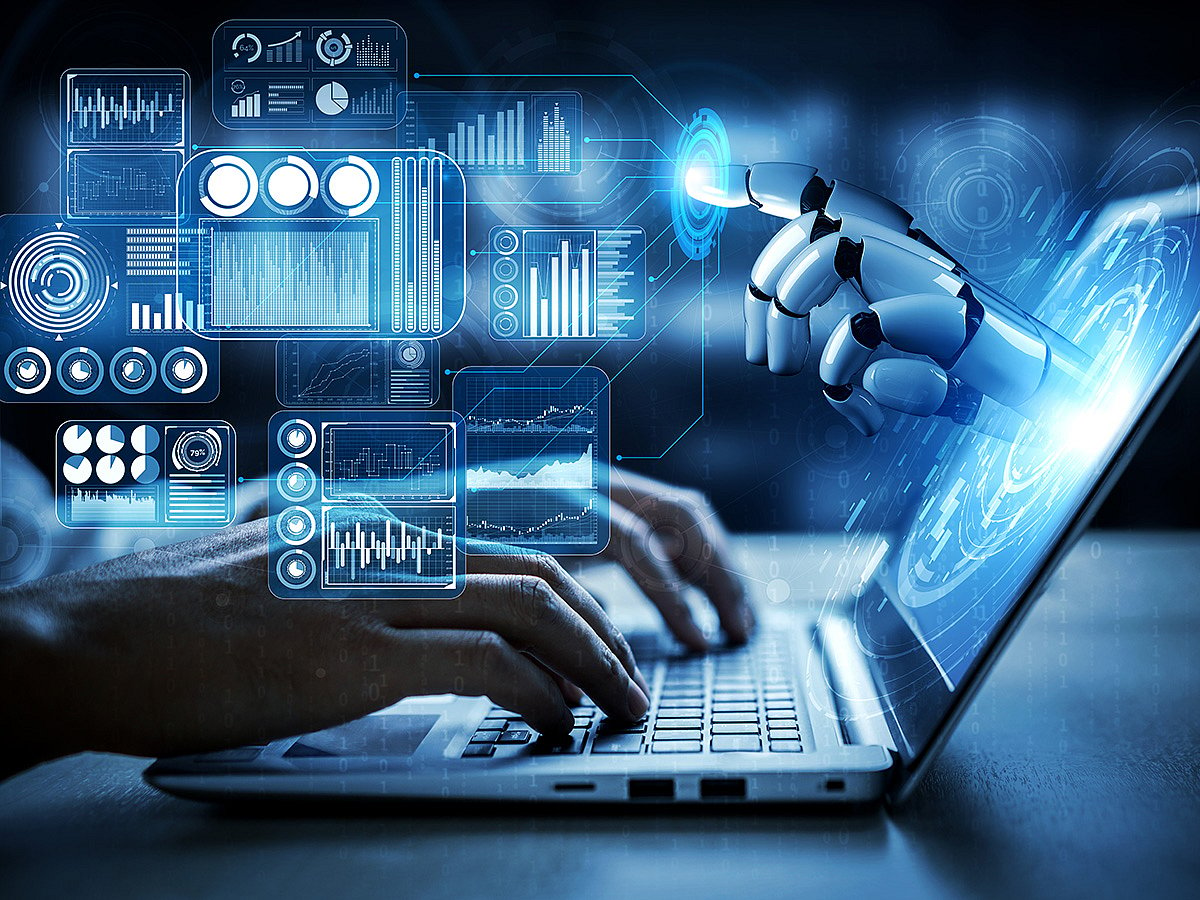Rethinking universities for Industry 5.0: Where humans and AI co-create the future
Higher education must evolve into innovation hubs that fuse creativity, ethics, technology

Rarely has the task of aligning higher education with industry needs been as demanding as it is today. The unprecedented speed and scope of digital transformation, driven by artificial intelligence, automation, and advanced connectivity, are reshaping industries at a scale that requires universities to rethink how they prepare graduates for the future of work.
Over the past two centuries, industrial revolutions have profoundly shaped industries, economies and societies. Industry 4.0, which was marked by automation, data integration and the Internet of Things, reshaped global production systems. Yet, we now stand at the dawn of Industry 5.0, arguably the most transformative shift of all, where the defining feature is not technology alone, but the collaboration between humans and digital agents. Unlike its predecessors, Industry 5.0 is centred on creating not just more efficient industries but more sustainable and human-centred societies.
From Industry 4.0 to Industry 5.0
The distinction between Industry 4.0 and Industry 5.0 lies in the transition from primarily automated processes to a human-centred model. In Industry 5.0, digital agents and artificial intelligence serve as enablers while human creativity, emotional intelligence and critical thinking assume leadership. This new paradigm is built upon:
Human–digital agent collaboration, where technology augments rather than replaces people.
Decentralised decision-making, allowing flexible and adaptive systems.
Sustainability and social responsibility as central principles.
Customisation and personalisation, moving beyond mass production to tailored solutions.
Higher education under the spotlight
This shift places higher education squarely in the spotlight where universities must undergo a thorough transformation from being traditional knowledge providers into incubators of adaptable, ethical and innovative thinkers. The challenge is systemic, given that preparing graduates for Industry 5.0 requires a comprehensive reimagining of curricula, pedagogies and partnerships.
Recent empirical studies and international analyses corroborate the urgency of reform. Research examining Industry 5.0 in higher education finds clear misalignments between current programmes and employer expectations, calling for a balance between technological, methodological and social competencies. At the same time, global labour-market reports highlight rapidly changing skill demands with analytical and creative thinking, AI and data literacy, leadership, and lifelong-learning orientation among the most cited priorities for the near future.
The UAE has taken bold steps to address this gap: the National Strategy for Higher Education 2030 seeks to embed technical and practical skills into university programmes, and aligns institutional priorities with national economic objectives.
Curriculum upgrade
Industry 5.0 exposes the widening disconnect between higher education and industry. Many authorities now call for a curriculum reset, a comprehensive curriculum upgrade, moving away from rigid, discipline-specific structures toward multidisciplinary, flexible and lifelong-learning models. There is growing recognition that traditional bachelor’s and master’s frameworks, as presently delivered, are insufficient to match the speed and complexity of change induced by Industry 5.0.
Newer approaches must prioritise:
Lifelong learning and continuous reskilling.
Transdisciplinary education that blends technical, social and ethical dimensions.
Human-centric design and sustainability.
Hands-on data management and interaction with intelligent digital agents.
Towards a holistic approach
Universities must adopt holistic, future-focused strategies. This requires shifting from lecture-centred instruction to project-based learning, where students apply theory to real-world challenges. Experiential learning through internships, apprenticeships and industry partnerships should be institutional priorities.
Soft skills, such as communication, teamwork, leadership and empathy, must be cultivated alongside technological literacy in AI, robotics and data science. Universities should also nurture entrepreneurship by providing mentorship and startup incubation opportunities, empowering students to become potential innovators and employers as well as employees.
Ultimately, the emphasis must shift from learning for examinations to learning for life. Immersive environments, like innovation hubs, hackathons and co-creation with industry, should replace outdated models that isolate academia from practice.
Unparalleled opportunity
The challenge of aligning higher education with Industry 5.0 is immense, but it is also an unparalleled opportunity. By implementing curriculum upgrades, strengthening partnerships with industry and embedding lifelong learning, universities can prepare graduates to thrive in a world where human ingenuity and digital agents collaborate to solve complex problems.
Industry 5.0 is not merely the next industrial stage, it is a call for higher education to redefine its role as a catalyst for innovation, sustainability, and human-centred progress.
Professor Bassam Alameddine is President, American University of Ras Al Khaimah
Network Links
GN StoreDownload our app
© Al Nisr Publishing LLC 2026. All rights reserved.